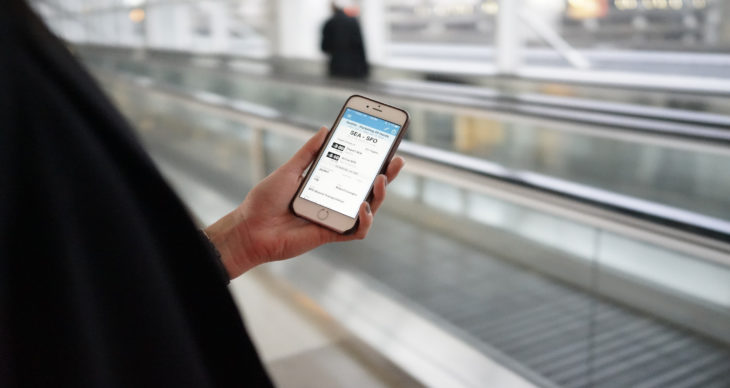There’s a fine line between traditional security and a smart one, and it’s the security system’s capability to work with other components.
It gives you the power to control your home’s system from your phone. Your system also has an automatic response to habits and routines.
So, what makes a home security system smart? Read to find out!
The Components
Common elements of a smart security system include a control panel (or hub), an app for remote access and monitoring, environmental controls, and smart accessories like smoke and carbon monoxide detectors.
You can also find smart security cameras and lights to augment your home’s security. Because of this, we like security cameras with a two-way voice that let you talk to visitors (welcome or not) and family members even if you’re stuck in traffic.
Buying lots of smart security components is one way of building a smart home security system. Connection in between all the components such as cameras, smart bulbs, speakers and other security devices is a key to a more efficient working security system.
Connecting all of them to a hub aids the communication of all the security components for better system action.
Having a centralized system means easier access to all the components. With just a click on a smartphone, you can have access to all the controls.
One way of making sure your home security system works is by ensuring that all your security components and products are compatible with each other.
In this way, you can make sure of a smooth operation from all your devices and components and it will also help you build a solid foundation where you can expand in time.
All of these systems run through a wireless connection and having a secure and strong connection from a good wireless router is one thing you should really put into a priority in setting up the security system.
Smart Sensors
There are tons of home security systems that deliver additional sensors, which is beyond its basic function. Install smart sensors to keep your home safe from other calamities, like floods and cold temperatures.
Using its sensors, they’re able to extract information from the environment, detecting changes that may cause trouble to your home.
There are systems where they’re able to pick-up CO and smoke alarms. The moment it hears the signal, it instantly notifies you and the emergency help.
Flood Sensors
Floods may be caused by a leaky pipe or from a storm. Home security flood sensors are made to go off as soon as it comes in contact with the water.
Early notification helps you prevent home damages caused by floods. In other words, homes that are in a flood zone are especially recommended to subscribe to this additional feature.
Freeze Sensors
Homes that are located in a sub-freezing temperature fits best with freeze sensors. As you can see, these installed temperature sensors keep an eye out for air and changes in temperature. The sensor sends an alert when it goes down to the safe threshold. It’s often at 40℉.




